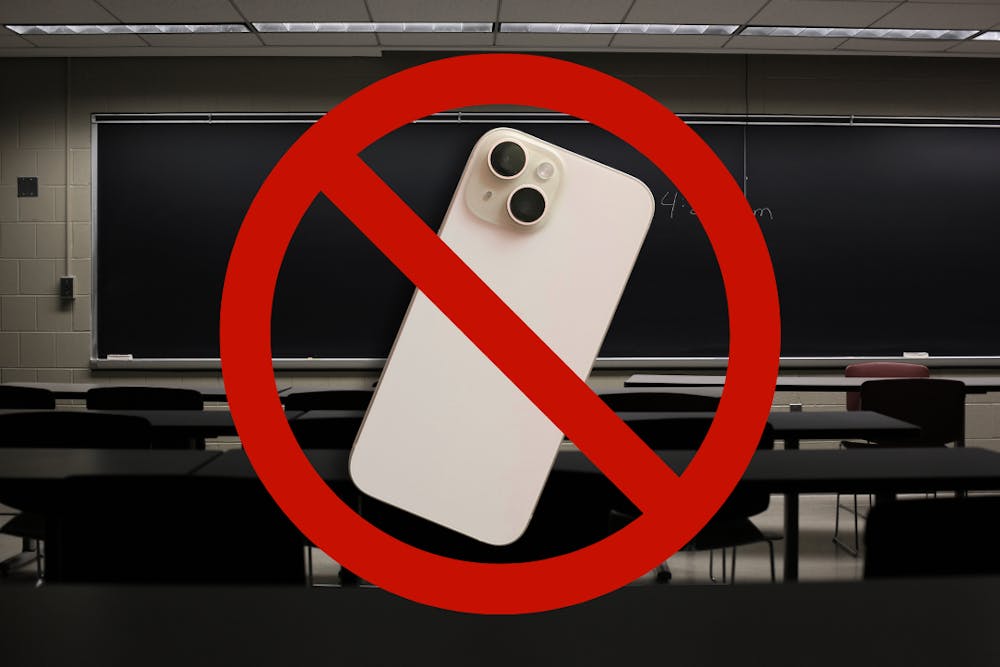At a Princeton Public Schools (PPS) Board of Education (BOE) meeting on Sept. 30, attendees discussed calls for a “bell-to-bell” phone policy that would restrict student cell phone use throughout the school day. Nearly a month later, debate over what a district-wide phone policy should look like continues to grow.
“We had a dozen parents email us supporting the bell-to-bell cell phone ban,” Dafna Kendal, the board’s president, told The Daily Princetonian in an interview.
According to PPS Superintendent Michael LaSusa, who joined the district in July, discussions around the district-wide phone policy were already well underway over the summer. He noted that Gov. Phil Murphy’s call for a statewide cell phone ban in all schools during his annual State of the State address on Jan. 14 brought renewed attention to the issue this year.
“There’s fairly widespread agreement that at our K-8 schools, cell phones do not have a place,” LaSusa said. “Currently, the rules in those schools are that when students are with us in school, their cell phones can’t be on their person.”
In Princeton High School, however, there is no definitive expectation that all cellphones are put away at designated times. “There’s more discretion on the part of teachers as to what they require of their students when they’re in class,” LaSusa told the ‘Prince.’
Local parent Mary Lundquist, who has three children attending school in the district, also expressed her concerns that students were “physically there but emotionally absent.”
Lundquist’s family is among the 122 families that have committed to the Princeton-specific “Delay the Smartphone” pledge, which stipulates delaying smartphone use for a child until they are at least age 16.
“Phones were designed for adults; they weren’t designed for kids,” Lundquist continued. “High schoolers are still kids.”

District parent and local history teacher Brian Levinson expressed frustration with what he sees as a lenient approach to managing phone use in schools.
“No way in the world a kid is learning as much if they’re scrolling through TikTok at the same time,” Levinson told the ‘Prince.’
Levinson added that stricter classroom policies in his own teaching experience have helped improve student focus and performance. “It’s been my experience in the classroom that smartphones don’t make for a good learning experience,” he said.
LaSusa acknowledged that parents differ on the extent of acceptable phone usage in schools. “We certainly have a population of parents who believe firmly in a bell-to-bell cell phone ban across all schools,” he said. “We have other parents who I’ve heard from who believe that students … need to be able to self-regulate, and it shouldn’t be up to the school.”

Lundquist disagreed with that view. “Maybe some students are learning management, but I don’t think it is a strong enough reason that all kids should have phones at school,” she said.
LaSusa told the ‘Prince’ that the conversation is “moving along” and anticipates that an official policy could be adopted as early as the beginning of the next academic year.
Amaya Taylor is a News contributor from Memphis, Tenn. She can be reached at at9074[at]princeton.edu.
Please send any corrections to corrections[at]dailyprincetonian.com.








